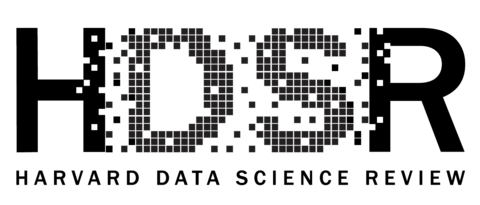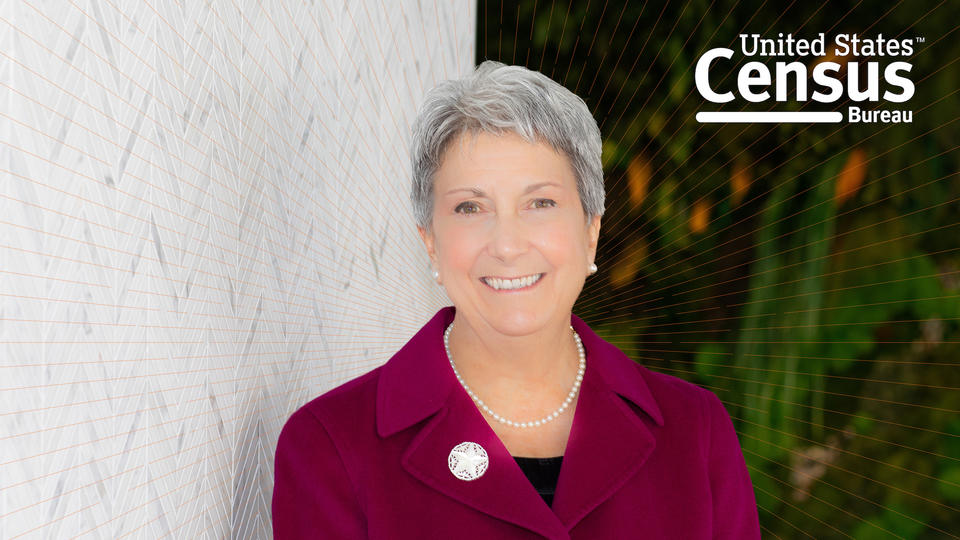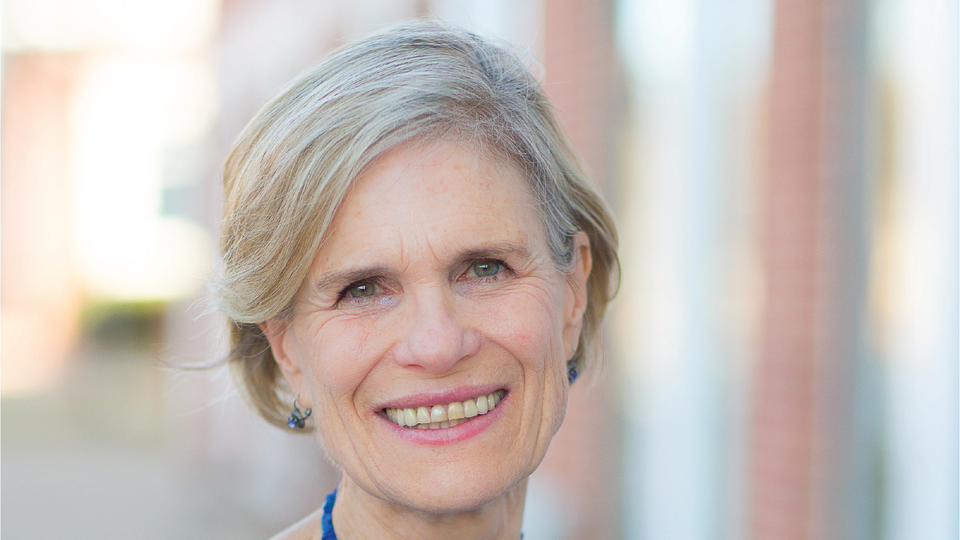Bio
Dr. Stephanie Shipp is the Acting Director and a Professor at the Social and Decision Analytics Division within the Biocomplexity Institute and Initiative at the University of Virginia. Dr. Shipp’s work spans topics related to the use of all data to advance policy, the science of data science, community analytics, and innovation. She is leading and engaging in local, state, and federal projects to assess data quality and the use of new and traditional sources of data. Her research focuses on developing statistical methodology and tools for using administrative and other data to bring evidence to policymaking. She conducts research on communities, federal statistics, innovation, and the military. Dr. Shipp was a senior Research Staff Member at the Institute for Defense Analyses, Science and Technology Policy, conducting research for the Office of Science and Technology Policy and other federal agencies. She served in the Senior Executive Service (SES) at the National Institute of Standards and Technology as the Director of the Economic Assessment Office in the Advanced Technology Program. Dr. Shipp also led economic and statistical programs at the Census Bureau and the Bureau of Labor Statistics. She began her career at the Federal Reserve Board.
Dr. Shipp is a fellow of the American Association for the Advancement of Science, the American Statistical Association, and an elected member of the International Statistics Institute. She was a member of the international advisory board for Verket För Innovations system (VINNOVA), Sweden’s innovation agency. She led an expert panel to evaluate the Swedish Research Council’s Linnaeus Grants twice. Dr. Shipp is a committee member on National Academies studies, primarily with the Board on Science, Technology, and Economic Policy, evaluating the Department of Energy’s innovation ARPA-E program and Small Business Innovation Research programs at several agencies (National Science Foundation, National Institutes of Health, Department of Energy). She has a Ph.D. in economics from George Washington University.
-
- Developing the science of data science
- Enhancing federal statistics through data science
- Bringing the all data revolution to urban and rural communities
- Integrating ethics into data science
-
- American Statistical Association (ASA) Founders Award, 2022
- American Association for the Advancement of Science Fellow, Statistics, 2014
- American Statistical Association (ASA) Fellow, 2002
- International Statistical Institute, elected member, 2001
- Jeanne E. Griffith American Statistical Association Mentoring Award, 2007
- Pat Doyle American Statistical Association Service Award, 2009
- Bronze Medal, Department of Commerce, 2000
-
Ph.D. Economics, George Washington University
Bachelor of Arts, Trinity College, Washington DC
Stephanie Shipp’s Arlington, Virginia, office overlooks the Potomac River and offers a sweeping view of the Washington Monument and other familiar landmarks of Washington, DC—a town she knows well from her days at the Federal Reserve Board, Bureau of Labor Statistics, US Census Bureau, and National Institute of Standards and Technology.

With a long and successful career steeped in statistics, the University of Virginia Biocomplexity Institute’s Sallie Keller will step into a new post that might well have been tailor made for the nationally recognized research scientist. Keller will join the U.S. Census Bureau as chief scientist and associate director for research and methodology lending her scientific knowledge and expertise to advise the Census Bureau’s programs and continued need to produce high-quality statistical products describing America and for use by decision makers in many roles.
A research team at the University of Virginia has set its sights on developing new and better measures of America’s people, places, and the economy through a comprehensive innovation they call a Curated Data Enterprise. The research is being done in collaboration between the U.S. Census Bureau and UVA’s Biocomplexity Institute with additional support from the Alfred P. Sloan Foundation.
This article discusses the necessity for data acumen and data science ethics and describes the fundamentals necessary to apply these skills to real-world problems.

Today’s data revolution is not just about big data, it is about data of all sizes and types.

From local neighborhoods and schools to courtrooms, hospitals, fields, and forests, data are everywhere, providing us the power to solve problems like never before. Communities large and small now have access to a wealth of data they can use to assess conditions, develop strategies and policies, evaluate impact, and make critical decisions. However, not all communities – particularly those that are small or rural – have the expertise or resources necessary to access and leverage complex data for real-world benefits.
In celebration of Women’s History Month, Amstat News, the membership magazine of the American Statistical Association (ASA), highlighted 28 admired and accomplished women in a special March feature titled, “Celebrating Women in Statistics and Data Science.” Deputy Director and Research Professor Stephanie S. Shipp from the Biocomplexity Institute and Initiative at the University of Virginia was among this esteemed group, selected by other women in the field because of their influential and inspirational work.














